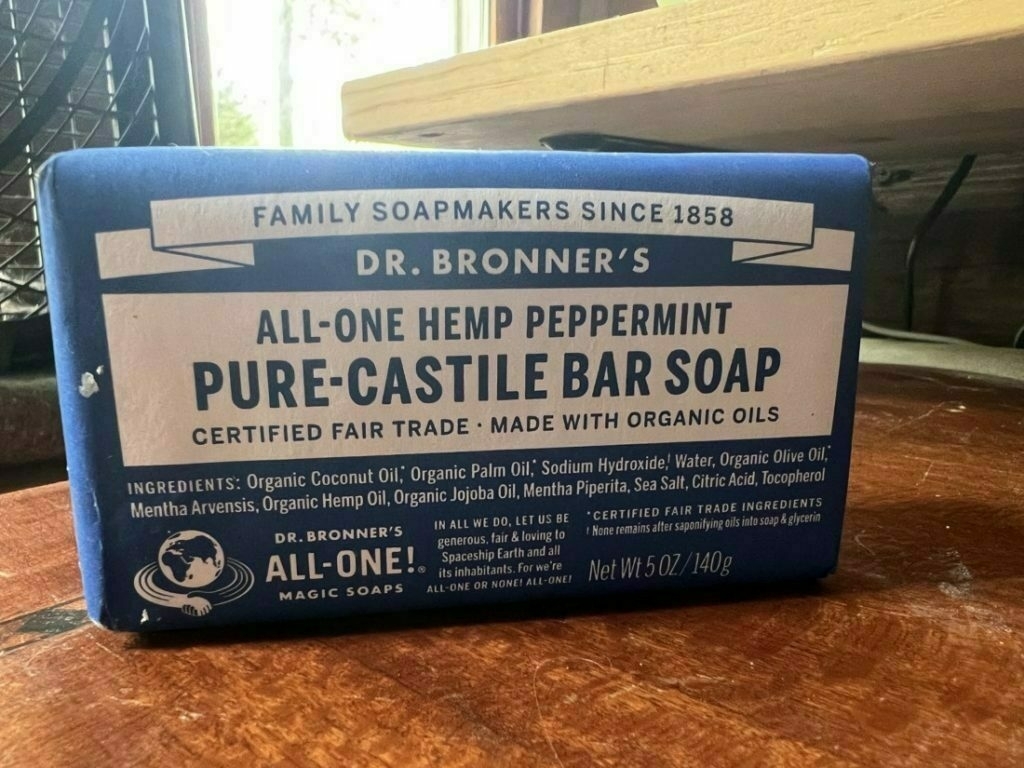It’s early days in this new reality of climate collapse. For the most part the people I know still live in the old reality. Climate collapse isn’t something they care about. They’re beginning to see it as extremes become the new norm. More drought in some areas, more intense storms, wildfires, and changes in the local weather seem to remind them of the larger global patterns. They're not responding in any meaningful way. Life goes on in the normal way they are used to living.
But for some of us daily life in the early days of climate collapse feels like living with a blaring alarm sounding, in a house on that's on fire. It’s been that kind of alarm for me for more than 15 years. My response has been, in part, to try to live as though it mattered. To live as though my actions were just one person acting along with the larger collective also doing it's part. That person by person, community by community, people would learn and respond to the problem.
In 2022 it's obvious that our response is too little, too slow, too late. It's obvious that in the US, the leading emitter of CO2 to date, government has failed to push in the direction needed at the pace needed. There's little sign that this will change anytime soon. My suggestion is that rather than wait to be told, we begin collective action now. We should be the change we want to see.
What does that look like in daily life? It looks like a life lived with the assumption that fossil fuels are severely restricted, rationed. That material goods will also be severely restricted. It means reusing or doing without. It means thinking about not just reducing waste but eliminating waste. It means conserving energy and material resources as though every little bit matters. Fewer appliance replacements. More careful choices when we put things in our carts.
I'm planning to do a series of posts about what this means for me. And again, yes, yes, I agree, individual consumer choice is not the whole answer. Ideally we continue to pressure government for systemic change, larger change. But in the end, there is no magic wand here. Sure the government create large scale programs for solar and wind energy generation, mass conservation programs, a massive shift towards mass transit, cycling and pedestrian infrastructure. Rationing of air-based travel.
But individual action should not be undervalued. At the end of the day millions of people add up to billions of people and we're not powerless. We need to stop acting like we are powerless. We need to stop waiting to be saved. Individual and cooperative direct action: households adding up to communities and towns and regions etc. We need to make more of an effort to figure out the solutions ourselves.
In my nearby rural town the recycling program was closed because they were having difficulty selling/getting rid of the collected materials. In my case I have some storage space and live alone, so I'm still saving steel and glass in the hopes that one day I'll be able to recycle them. In the mean time, I also re-use glass and compost all paper and cardboard. I've nearly eliminated plastic from my waste stream. It means I have fewer choices and do without some things.

First up, let's talk about soap. Years ago I stopped buying shampoo in plastic bottles. I use Dr. Bronners for all personal hygiene. And recently started using it for dishes too. It works. It's not exactly the same as dish soap formulated in a liquid that is sold in a plastic bottle. But that's the point isn't it. We have to adapt. This one bar of soap does it all and the packaging is paper that I can compost in my garden. Multiply that by millions.
It's different, yes. It's not what many are used to. But it is a simple, quick change that anyone can make. I know that there are powder products being sold in paper pouches that are meant to be mixed with water in the home for different washing purposes. That's another great solution. Imagine stores without shelves upon shelves of plastic bottles holding liquid soaps. Plastic should be banned but until then we can choose to stop buying it. The result is less waste, less energy used, less CO2.
Next time around I think I'm going to delve a bit into food choices in terms of climate, energy, nutrition, packaging, preparation…